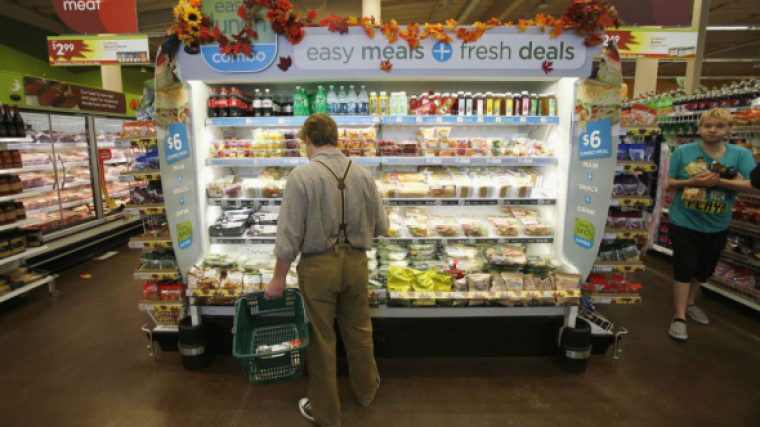Religious Shoppers More Likely to Spend Less, Make Fewer Impulse Purchases: Report

Shoppers with strong religious beliefs are less likely to make impulse purchases and tend to be more frugal in grocery spending, according to a recent report.
Researchers Didem Kurt of the Questrom School of Business at Boston University, J. Jeffrey Inman of the Katz Graduate School of Business at the University of Pittsburgh, and Francesca Gino at Harvard Business School published their findings in an article published by the Harvard Business Review on Monday.
Titled "Shoppers with Strong Religious Beliefs Spend Less and Make Fewer Impulse Purchases," the report analyzed five studies examining grocery spending habits and also conducted lab tests to see what influence religious belief had on a secular routine like grocery shopping.
They also examined data from the Point of Purchase Advertising International, which had a survey of 2,400 grocery shoppers in 2011 and 2012 at 35 stores in 10 states.
"The results showed that shoppers living in more religious U.S. counties spent less money on groceries and also made fewer impulse purchases than those living in less religious U.S. counties," explained the researchers.
The researchers also had 800 participants in a lab test, in which they had them engage in a hypothetical grocery shopping task and then tested their level of religious sentiment. They found that "with each moderate increase in religiosity, participants' spending tendency decreases by 5%."
The report warned that for shopping malls that have churches renting out space, this may indicate that "the increased foot traffic may not pay off as well for neighboring retailers as expected."
"The effect of religiosity on consumer spending also has implications for store promotion strategies. Because being reminded about God increases shoppers' frugality, they may be more sensitive to price discounts and promotions (such as 'buy one, get one free') around the time of religious holidays and observances," noted the researchers.
"Retailers may also allay religious shoppers' concerns about being frugal by offering deals that demonstrate respect for their values, such as promising to donate a percentage of revenue from a particular product to a local charity."
In recent years, studies have been released indicating that religious organizations contribute a great deal to the overall economy.
Read more about Religious Shoppers More Likely to Spend Less on The Christian Post.